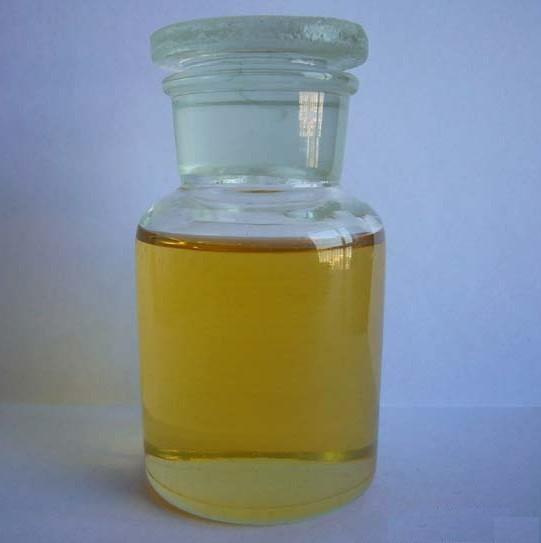The essence of antirust agent is a very efficient synthetic penetrating agent, which can make liquid quickly and evenly penetrate into the surfactant inside some solids, and it can penetrate strongly Into rust, corrosion, oil stains, and then quickly remove rust and corrosion on screws and bolts. It has many functions such as loosening rust, anti-corrosion, waterproof and moisture-proof, cleaning, lubrication, and protection. It has strong penetration ability and is easy to use. Convenient, non-corrosive to metal materials, wood products, finishes and other related materials, and has a protective effect. What are the principles for the selection of rust inhibitors? Next, Kain Chemical will share with you.

What are the selection principles of rust inhibitors:
1. What type of antirust agent to choose (dry film, oily film, semi-dry film, transparent film). What is the film thickness requirement (thin film, fatty film);
2. Other requirements except anti-rust;
3. Is it necessary to remove it?
4. Technical treatment before rust prevention (cleaning, drying, dehydration);
5. The material of metal products (with or without non-ferrous metal and other metal materials);
7. Oiling method (dipping, spraying, brushing);
8. Anti-rust time, packaging form and environment: short-term, medium-term or long-term anti-rust; indoor storage (with or without packaging) outdoor storage (with or without packaging) or no packaging); rust prevention in the factory or export by sea; finished or semi-finished products, what processing (oil steeping, welding, cleaning) is required, etc.
The above points are a detailed introduction to the selection principles of rust inhibitors. Metal rust will not only weaken the function of metal materials, but also reduce the service life , It will also cause great economic losses, so it is necessary to prevent the corrosion and rust of the workpiece and equipment in advance. At present, there are many kinds of antirust agents on the market. Those with poor antirust ability are easy to remove with organic solvents, and those with strong antirust ability are not easy to clean. Therefore, antirust must be combined with production process requirements, performance and use. To choose a suitable rust inhibitor.

 微信扫一扫打赏
微信扫一扫打赏

